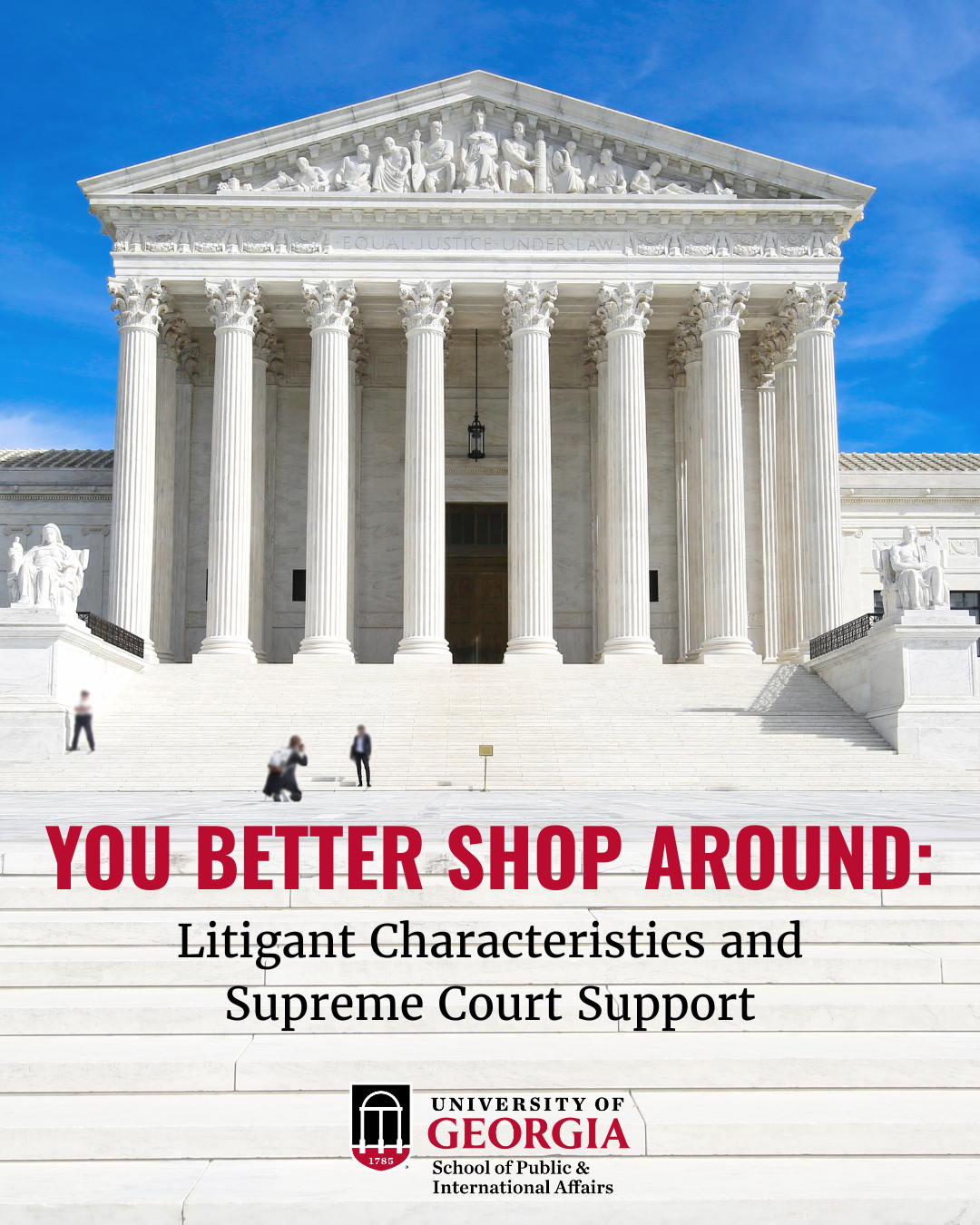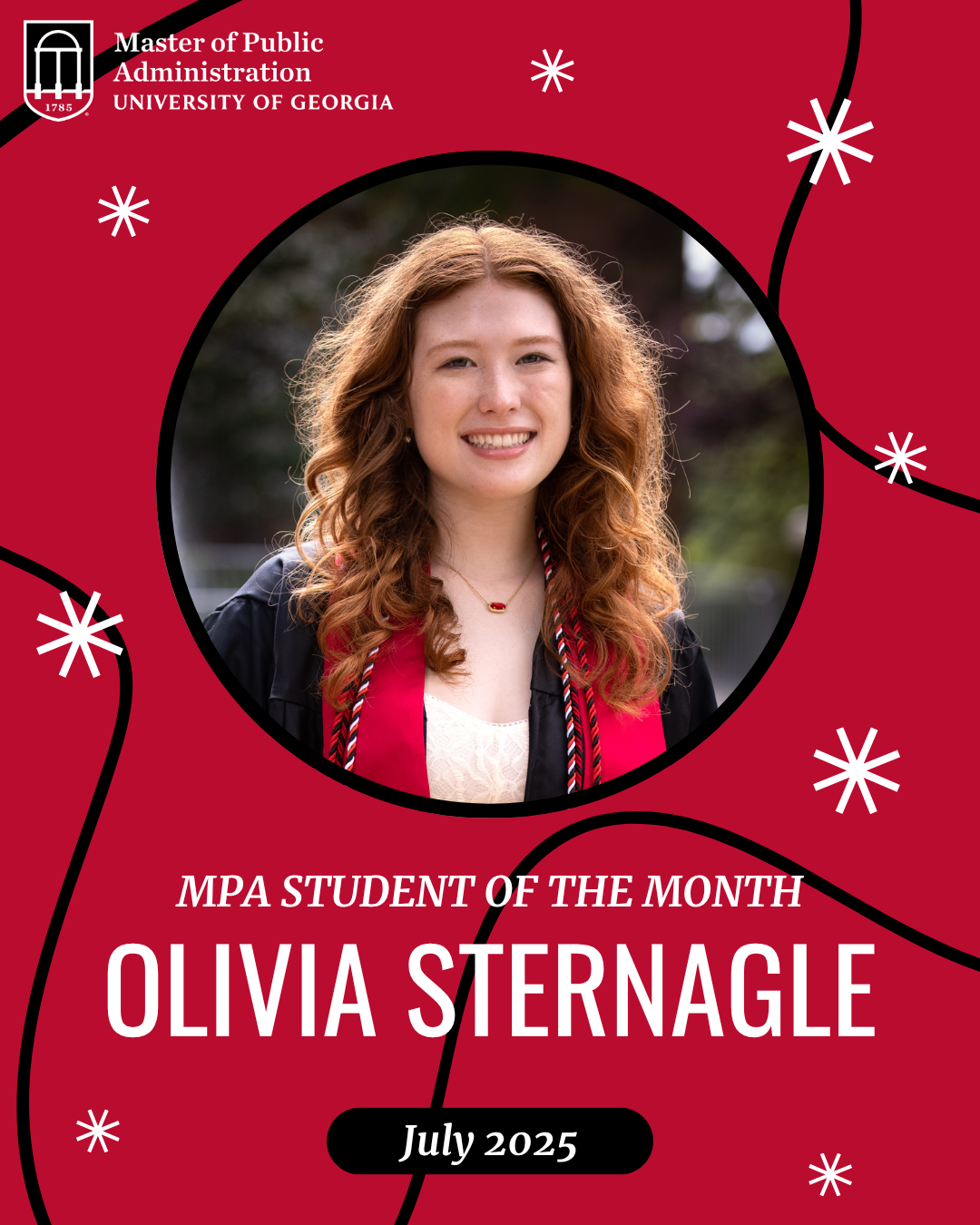Associate Professor of Public Administration and Policy
Michelle L. Lofton is an Associate Professor of Public Administration and Policy (Ph.D., Syracuse University). Professor Lofton’s research interests broadly explore the intersection of public finance and public management by investigating financial tools and techniques to better inform management, strategy, and policy decisions. Much of her research experience focuses on local government financial management in the United States in respect to working capital management, fiscal constraints, and budgeting. Her current research activities investigate the motivating factors and strategies used by local government managers to manage short-term resources including unrestricted cash, short-term debt, and interfund transfers. With a passion for continual learning, Professor Lofton serves as a researcher engaged in expanding knowledge in public administration and persistently striving to educate others.










